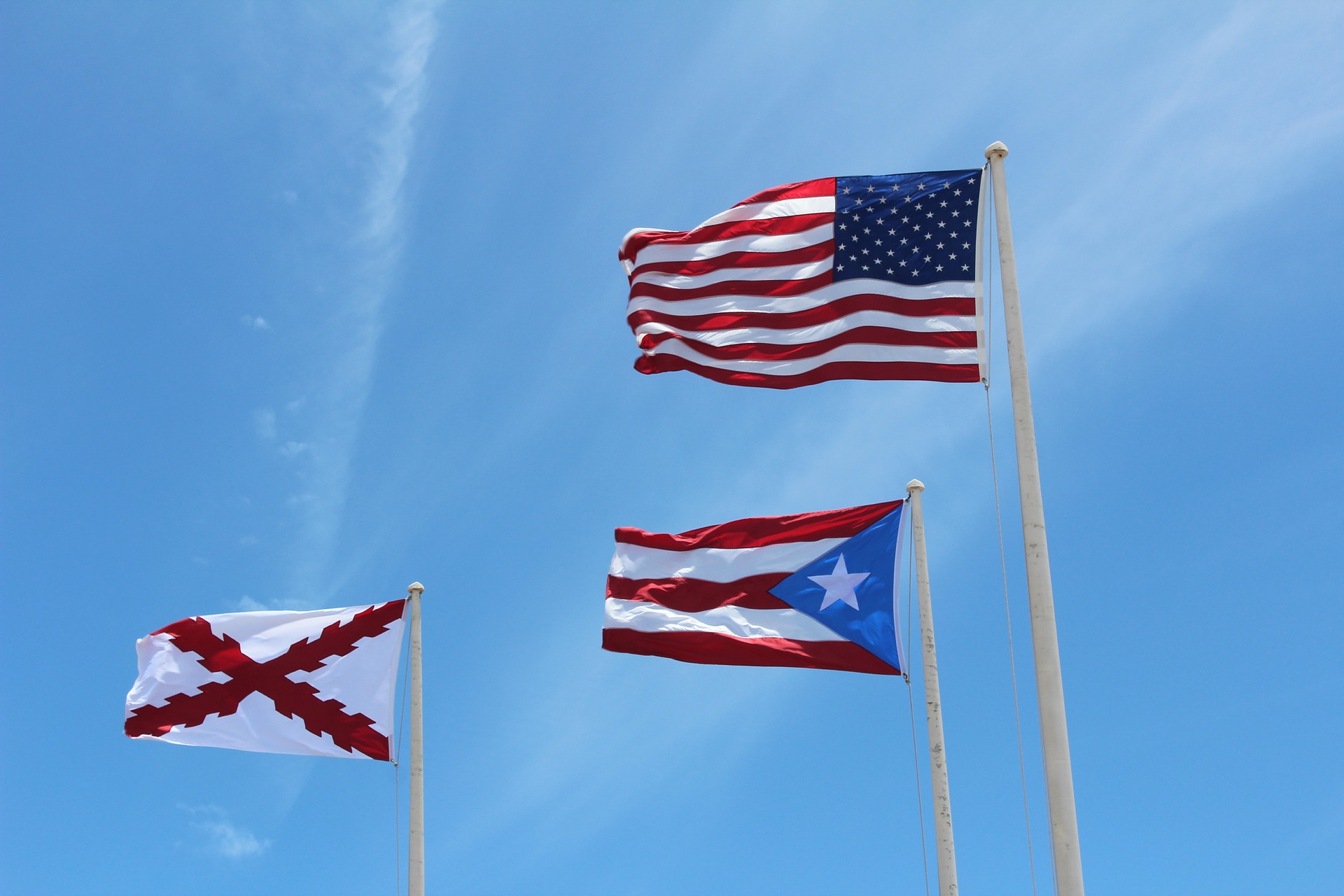Since last Wednesday, when a Category 4 hurricane hit Puerto Rico, there has been a lot of discussion of what will happen to address the ongoing humanitarian crisis and rebuild the island. In addition to the shock from the “apocalyptic” conditions, there has also been a talk about what Puerto Ricans will do. “All of those people without power for months,” I heard one person say, “of course they will come here.” “After they voted for independence” (actually, Puerto Ricans voted to become a state) and “it sure worked out well that they voted for statehood” (in fact, the pro-commonwealth party boycotted the election). The Washington Post criticized the Trump administration for giving more attention to the NFL than to the emerging crisis, while a new survey shows that nearly half of all Americans do not know that Puerto Ricans are citizens. In addition to the uncertainty and chaos that accompanies a natural disaster of that magnitude, we also have a lot of confusion about Puerto Rico itself and its relationship to the 50 states.
To start, Puerto Ricans are Americans. The United States annexed Puerto Rico in 1898 and declared its residents to be American citizens in 1917. Puerto Ricans serve in the US military. They travel on American passports. They contribute to the economy and pay federal taxes ($3.5 billion in 2015), though not always federal income taxes. They are free to travel to any of the 50 states and free to vote when they reside in those states. Like all other Americans (including residents in other territories or the District of Columbia), Puerto Ricans are governed by federal lawmakers — Congress, the president, and the courts. But, unlike the 50 states, Puerto Ricans have no voting rights in Congress or the Electoral College. In short, they are governed by federal laws that they do not have a say in making.
Puerto Rico’s two main political parties are not the Republicans and Democrats, differing on their views of government’s role in society, but the pro-commonwealth party (Popular Democratic Party) and the pro-statehood party (New Progressive Party), differing on what Puerto Ricans’ relationship with the rest of the country ought to be. Note, the pro-independence party (Puerto Rican Independence Party) has never held power. Historically, Puerto Rico’s independence movement has been forcefully (and even brutally) put down.
Whether Puerto Ricans vote to become a state or to stay a commonwealth in nonbinding elections doesn’t really matter. Only Congress can change their relationship to the 50 states, and Congress isn’t likely to change their status anytime soon. To make the territory a state would surely have an impact on the balance of power in the House, with its finely gerrymandered districts. Puerto Rico, with 3.4 million people, would rank #30 in terms of population, higher than Iowa, Mississippi, Arkansas, Utah, Kansas, Nevada, New Mexico, Nebraska, West Virginia, Idaho, Hawaii, Maine, New Hampshire, Rhode Island, Montana, Delaware, South Dakota, Alaska, North Dakota, Vermont, and Wyoming. Puerto Rico, which leans liberal, would also change the balance in the Senate. It could easily sway the outcome of presidential elections.
The reason Puerto Rico is not a state lies less with what Puerto Ricans want — though that certainly is a debate — and more about protecting electoral coalitions and safeguarding existing political power.
For now, media stories raise questions about what Puerto Rico needs, and what help federal authorities ought to provide. Although it is true that Puerto Ricans, generally, do not pay federal income tax on money earned from sources on the island (they do pay taxes on income from sources outside Puerto Rico), they do pay higher commonwealth taxes to support services underwritten at lower rates or not provided by the federal government. For example, a 2014 Government Accountability Office (GAO) report found that Medicaid spending in Puerto Rico was $685 million, but if funded at the level of the 50 states, spending would have been up to $2.1 billion (or more because these estimates do not include long-term care). Because they are required by federal law to ship products via US carriers with US employees, Puerto Ricans keep American shipping-industry jobs. But they also pay much more for food and other imported goods.
The images of Puerto Rico right now are truly striking. It reminds me of why we have government to begin with. Seventeenth-century philosopher Thomas Hobbes explained the state of nature (before government) to be a “war of all against all.” The only reason we choose to be governed is to leave a life he describes as “solitary, poor, nasty, brutish, and short.” We are witnessing a humanitarian crisis. It is a time to rescue and rebuild.
So, what does it mean to be an American? We’re faced with that debate right now as we watch protests and counterprotests around the National Anthem, the flag, and the NFL. In school, we pledge allegiance to the republic for which the flag stands, one nation, under God, with liberty and justice for all. At a time of true crisis, we should remember that although this disaster did not strike one of the 50 states, it did hit American citizens on American soil, and it hit us hard.

